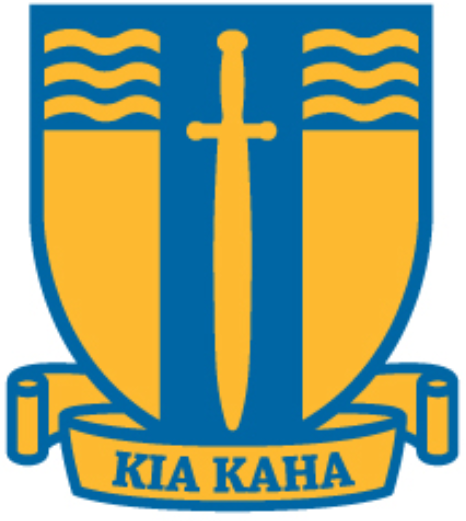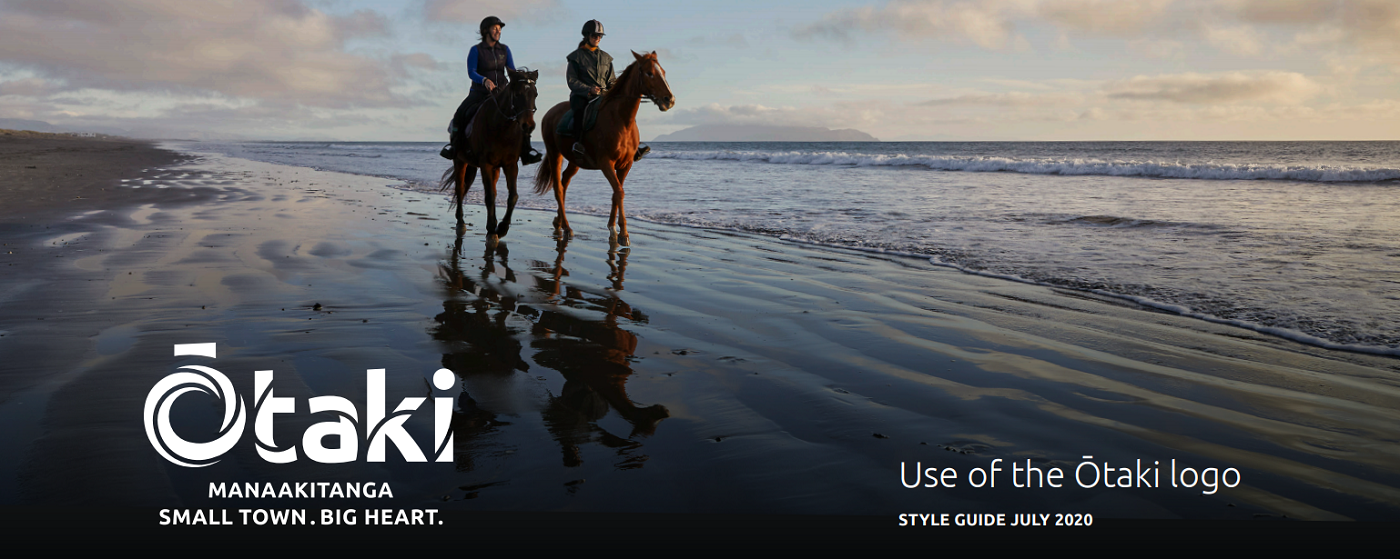
“We’re keeping it.”
Those words from Christopher Luxon referring to the school lunch programme for Ōtaki children were music to Heniti Buick’s ears.
The prime minister had dropped in to Ōtaki on April 24 at the invitation of Ōtaki MP Tim Costley to see what Te Puna Oranga o Ōtaki was all about. Heniti, kaiwhakahaere (general manager) of the wrap-around health organisation, asked the PM directly if school lunches provided by Te Puna Oranga would continue to be funded.
His simple three-word response delighted Heniti, though the funding arrangement might well change.
“It will be different, but it won’t be gone completely – that’s what I think it’s going to be,” Heniti told Ōtaki Today later.
She said retaining school lunches was a high priority for Te Puna Oranga.
“We can see the benefits, and how much it is helping our community, not just the child. “It’s a massive relief to know it’s not going to go. That would put a lot more strain on families when they have strain already.”
The localised service that Te Puna Oranga o Ōtaki provides was a key message Heniti, along with TPOoŌ’s trust chair, Monica Fraser, emphasised during the PM’s visit.
“If you have decentralised resources and put them straight on the ground, you can see the work being done,” Heniti said. “You might think from Wellington that things are being done, but you don’t see it happening in rural areas like Ōtaki.
“When you decentralise resources communities get to decide what works for them, not what someone in Wellington or Palmerston North thinks is needed.”
It was a point the prime minister agreed with.
“What we’re about is kind of powering up what you guys are doing,” he said. “The alternative is you go build a whole bunch of people in Wellington in big central agencies. Our government believes in localism, which means those closest to the problem are best placed to solve the problem and realise the opportunities.
“[It’s] getting money out of the system and giving it to people like yourselves, and saying ‘can you deliver better outcomes than delivering it from Wellington?’. That’s very much our model.”
The prime minister spent plenty of his hour or so in Ōtaki talking to rangatahi and support workers, and seemed to enjoy an interview with budding rangatahi journalists Heriata Rurehe and Te Awa Marino Roa.
During an exclusive interview later with Ōtaki Today, Chris emphasised the importance of improving transport and health outcomes for Ōtaki.
He said the Ōtaki-to-Levin expressway was a big investment for his government.
“We want to start that in 2025 and finish it in 2029,” the PM said. “You can see the benefits. It will take another 15 minutes off people’s journey time. We need to build safe roads and that they can operate at 100 kilometres [an hour].”
He acknowledged there were big challenges in the health sector and scotched any idea Kāpiti would get a regional hospital any time soon.
“It’s unlikely we’ll get a new hospital here,” he said. “But we’ve put $18 million into helping people travel from regional centres to places where there are good hospitals.”
He said Te Puna Oranga o Ōtaki was the model he wanted to see more of in the health sector.
“[It’s] where we have community organisations delivering outcomes,” he said. “For example, we took $50 million before Christmas and decided to give it to iwi health-led organisations to go to work on the challenge we’ve got with immunisation rates for under 2-year-olds.
“We know that if those young people are fully immunised they have a much better future. But to achieve that we need 95 percent immunisation rates across the country. It’s currently 83 percent, and for young Māori it’s 72 percent.
“Why wouldn’t you partner up with great Māori health organisations that can actually get the job done and lift those rates from 72 percent to 95 percent really quickly.
“Let’s focus on the outcome and the goal and let’s find the best way to deliver that goal and outcome. It’s not alway by running it through Wellington centrally.”
He said for Ōtaki and other small towns to get the doctors needed, New Zealand needed to “open up our immigration settings”.
“We’re doing everything we can to get that workforce assembled, which is job number one.”
Tim Costley said it was a privilege to host the prime minister in the Ōtaki electorate.
“I wanted to bring the PM to Ōtaki because I wanted to show off what an amazing place our region is; the coast and the people,” he said. “I was particularly proud to show him the amazing work that happens at a really local level.
“I believe in the value of towns like Ōtaki, and that the decisions we make as a government should be based on our experiences, not just what happens in the big cities.”
He said he and the prime minister enjoyed meeting the Te Puna Oranga team.
“It was great fun to play fussball and mini-basketball with them. But the best thing was just chatting with our rangatahi, hearing their stories, and seeing the amazing potential they all have. We want to make sure they can make the most of that potential and achieve great things without having to leave a smaller town like Otaki.”
Ōtaki College Roll
A call-out by Ōtaki Today to discover which former students and staff have died in the past 60 years has revealed a list. READ MORE.
LATEST POSTS
- Peter Lynn Kites feature of festival magic
- Te Rā Whakapūmau cements legacy
- RSA positive as it focuses on the future
- Sir Chris, first Ōtaki knight
- More works in downtown Ōtaki
- Concerts line up for rotunda
- Yilin Ōtaki College dux
- No respite for ‘cone town’
- Trout spawn in Winstone Lakes
- Two more in Hall of Fame
- Rāhui Rd next in line for road works
- ‘Monkey’ back to old tricks
- Ōtaki dominates awards night
- Sam risks all for Gaza
- Heniti ‘proud to call Ōtaki home’
- Infrastructure works keep rolling on
- An ONZM for arts, sport, heritage
- Trappers aim for predator free Te Horo
- Te Horo hall wants land for car park
- Beach burglars pinch trailer and tools
- Toilet vandalism ‘tragic, sad’
- Fifty years for Ōtaki fire chief
- Idiots in cars’ block highway
- Oiroa Kaihau – a focused career soldier
- ‘Aunty Gabe’ Rikihana gone at 98
- Te Horo Hall opens for ‘future generations’
- Demographic shift offers ‘new opportunities’
- Kite magic returns to Ōtaki skies
- Crowds out for Waitangi Day
- Marian retires from women’s club
- Moy developers seek judicial review
- New tumuaki at Wānanga
- Charlie beats the odds
- Rescuers seek funds
- Ōtaki Rotary winds up after 60 years
- Czech president visits Te Horo kilns

Ōtaki MP Tim Costley talks to rangatahi, from left, Heriata Rurehe, sisters Halo and Star Rikihana, and Te Awa Marino Roa

Te Puna Oranga o Ōtaki kaiwhakahaere Heniti Buick watches as prime minister Christopher Luxon talks to Jayde Ropata.
Photos Ōtaki Today





